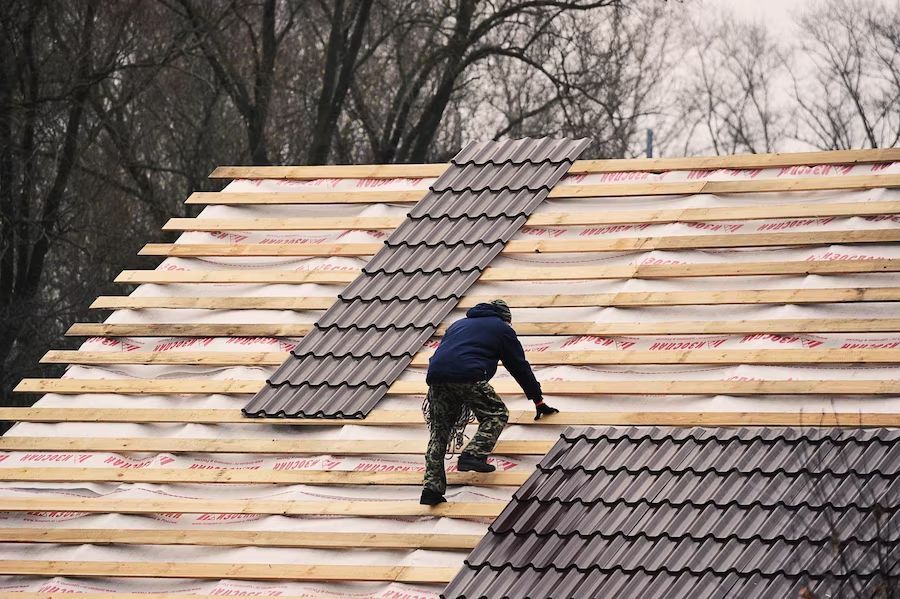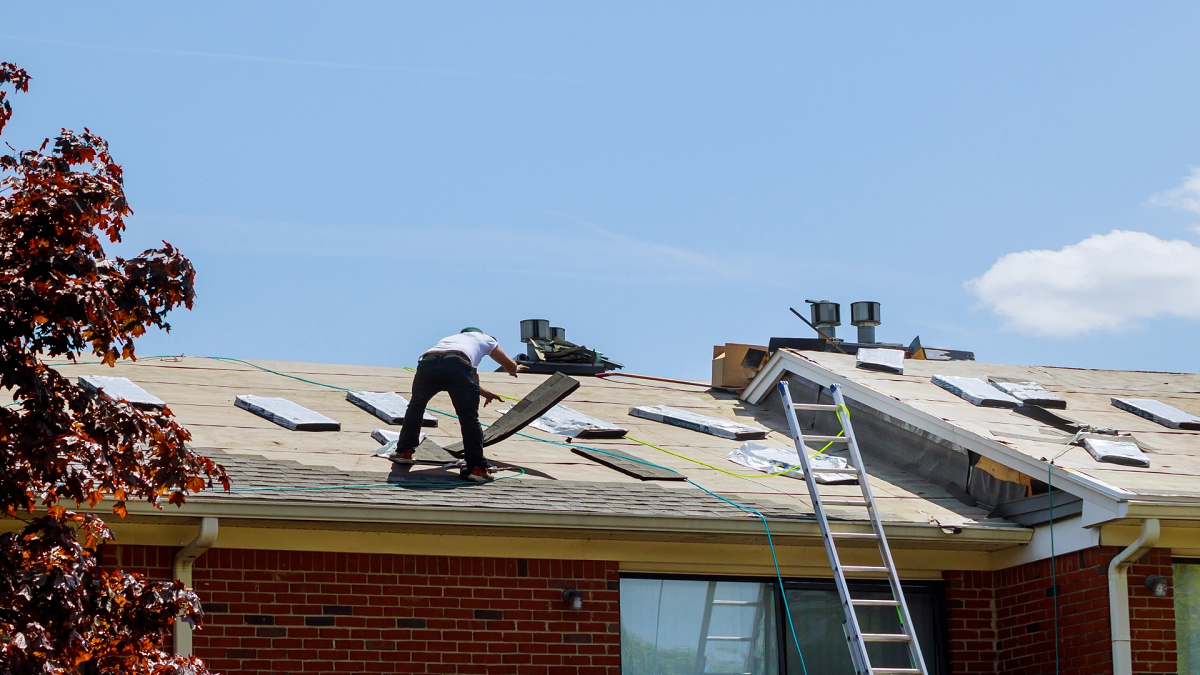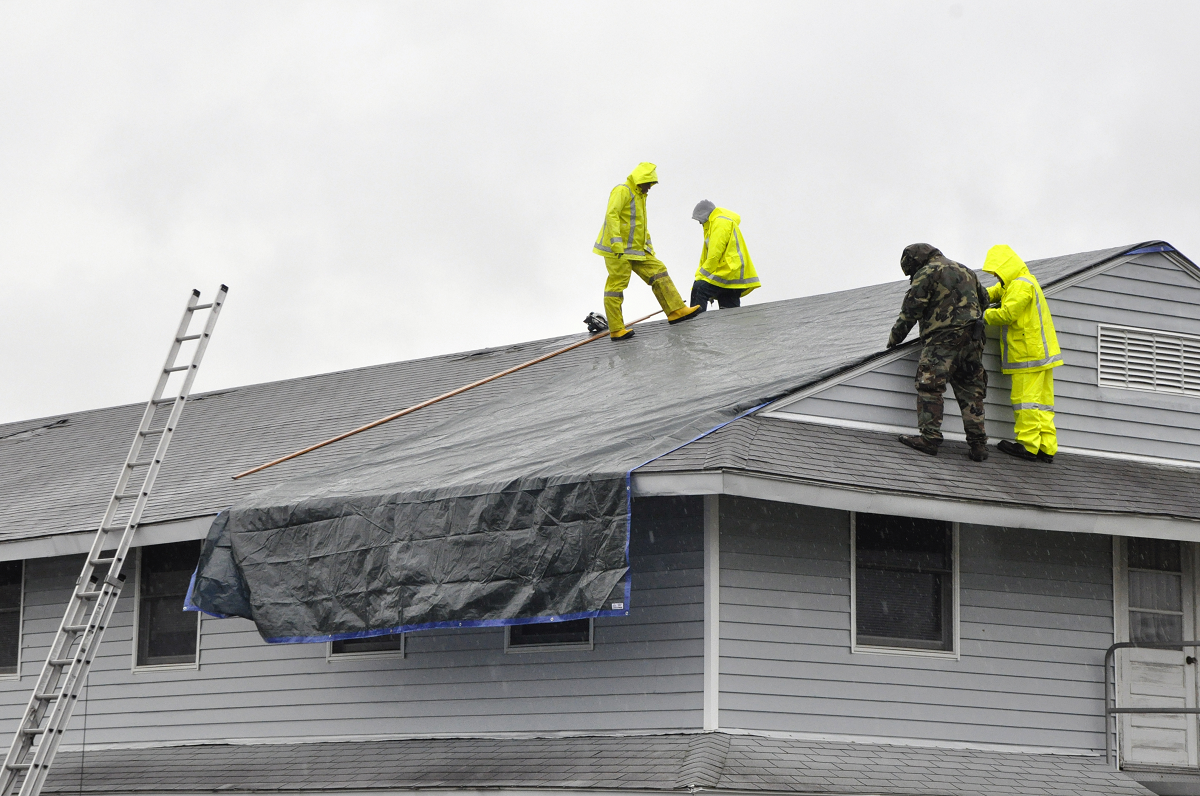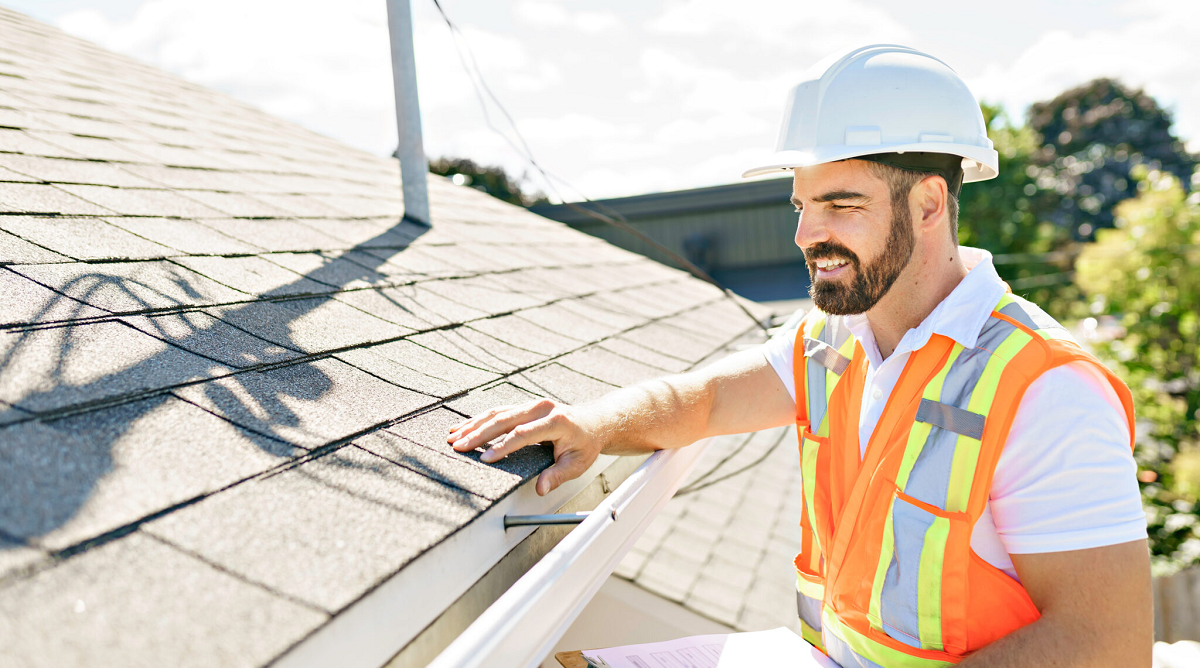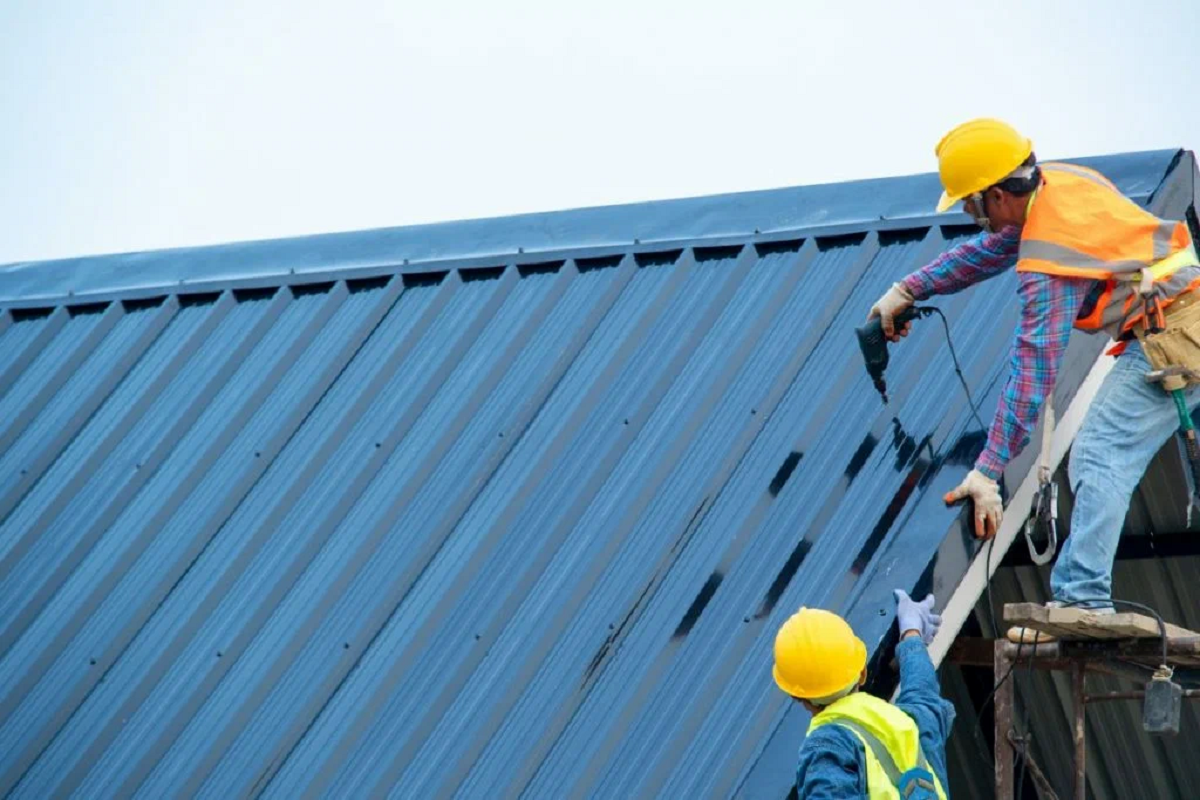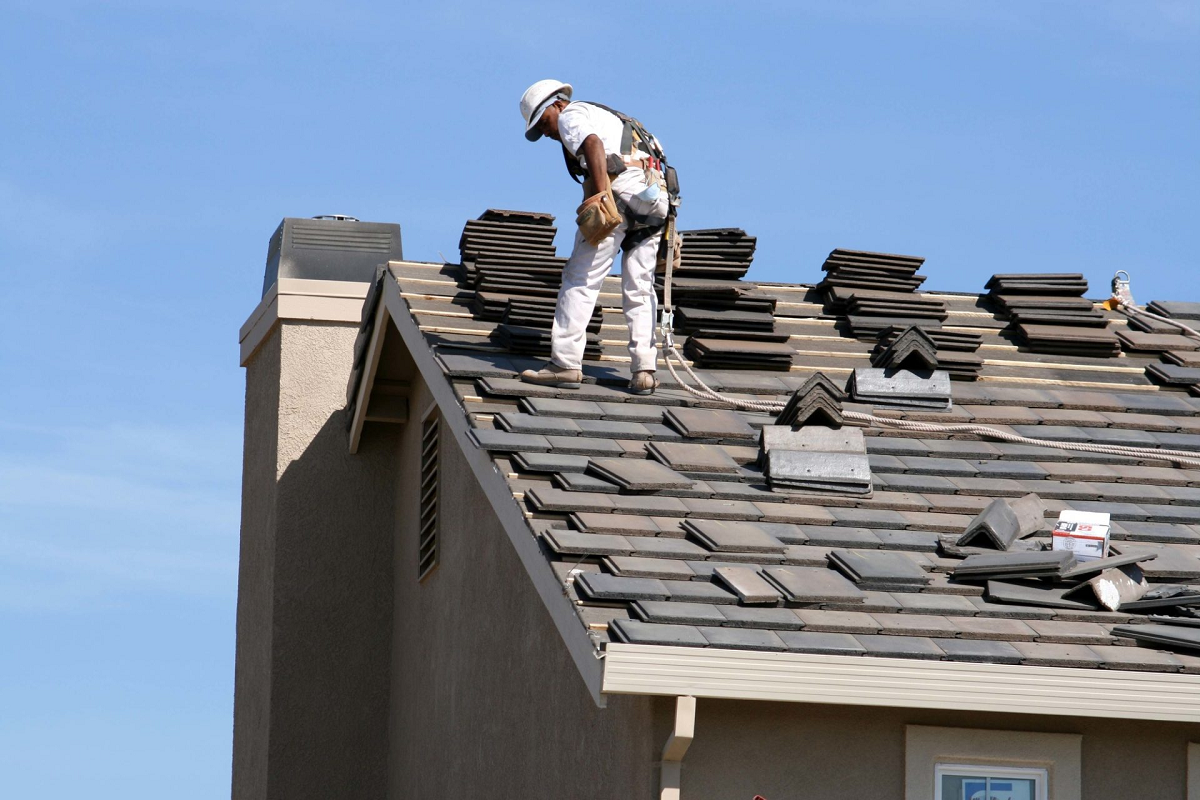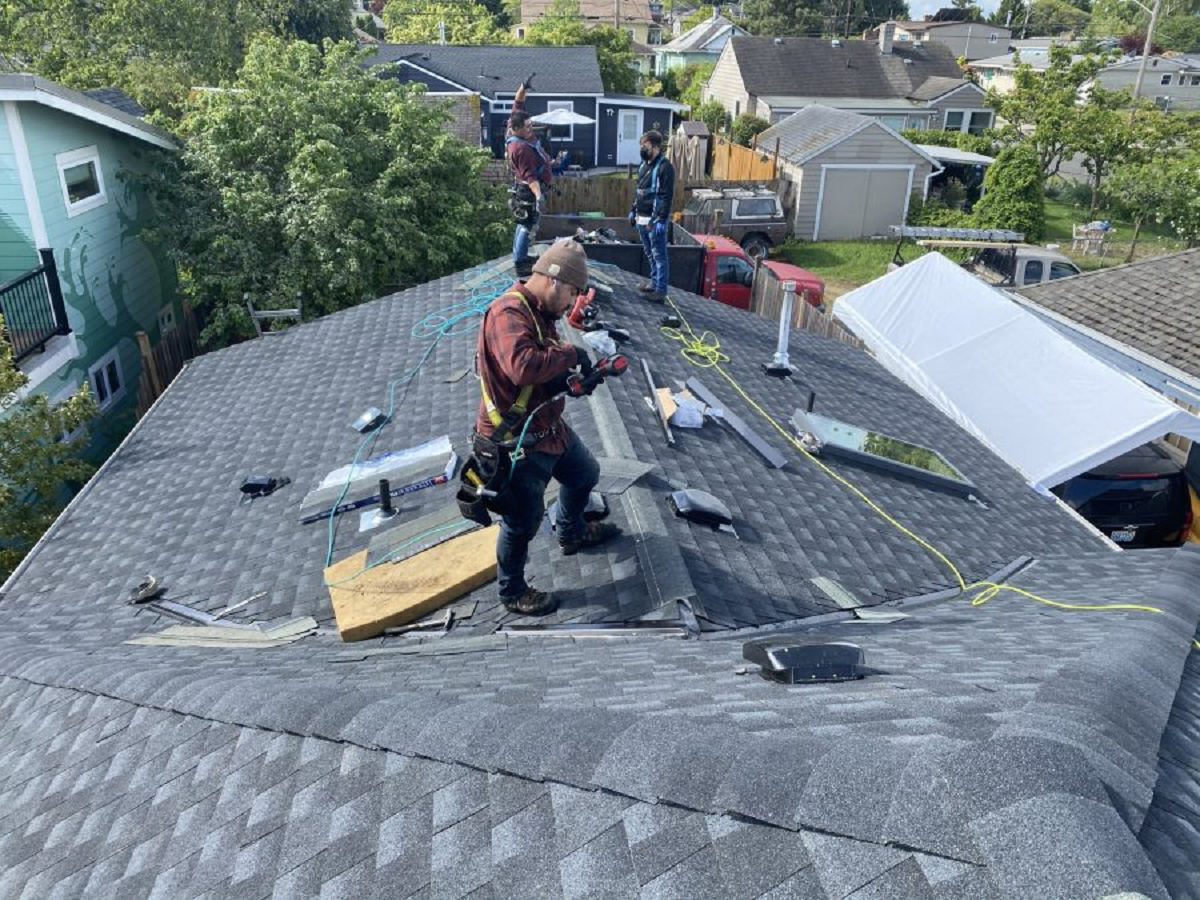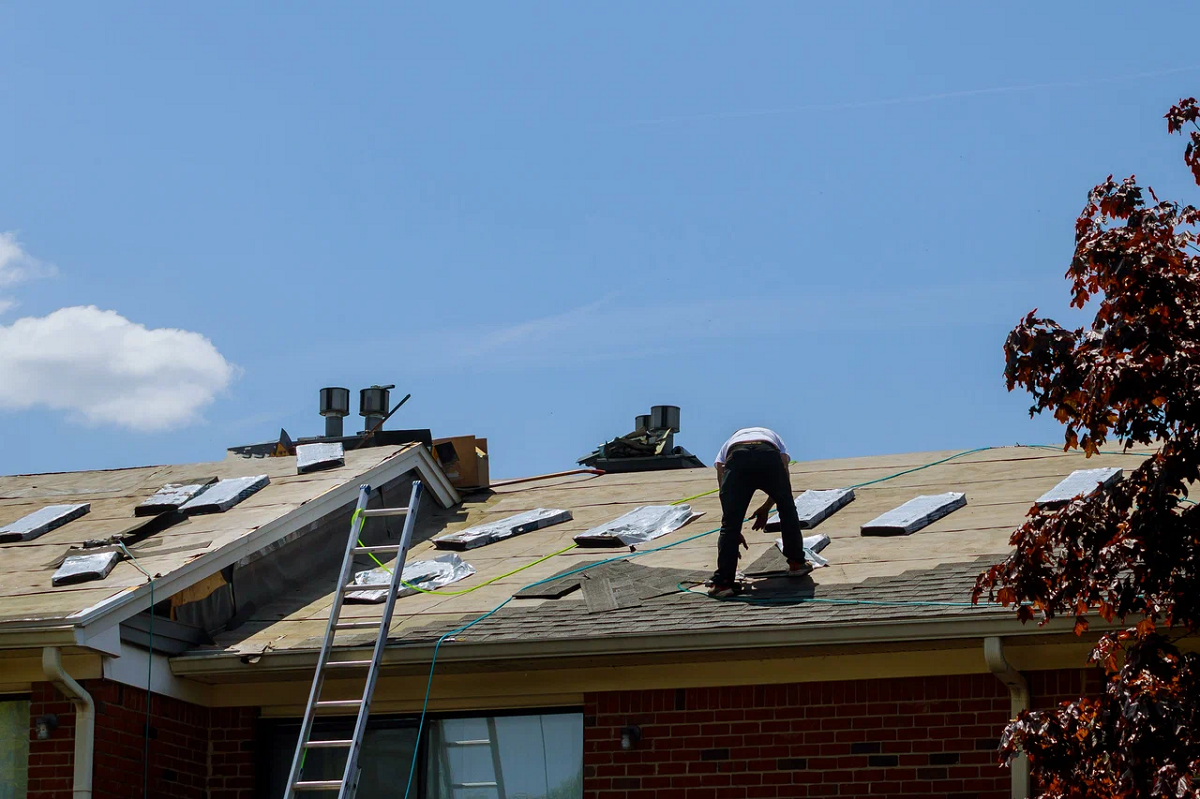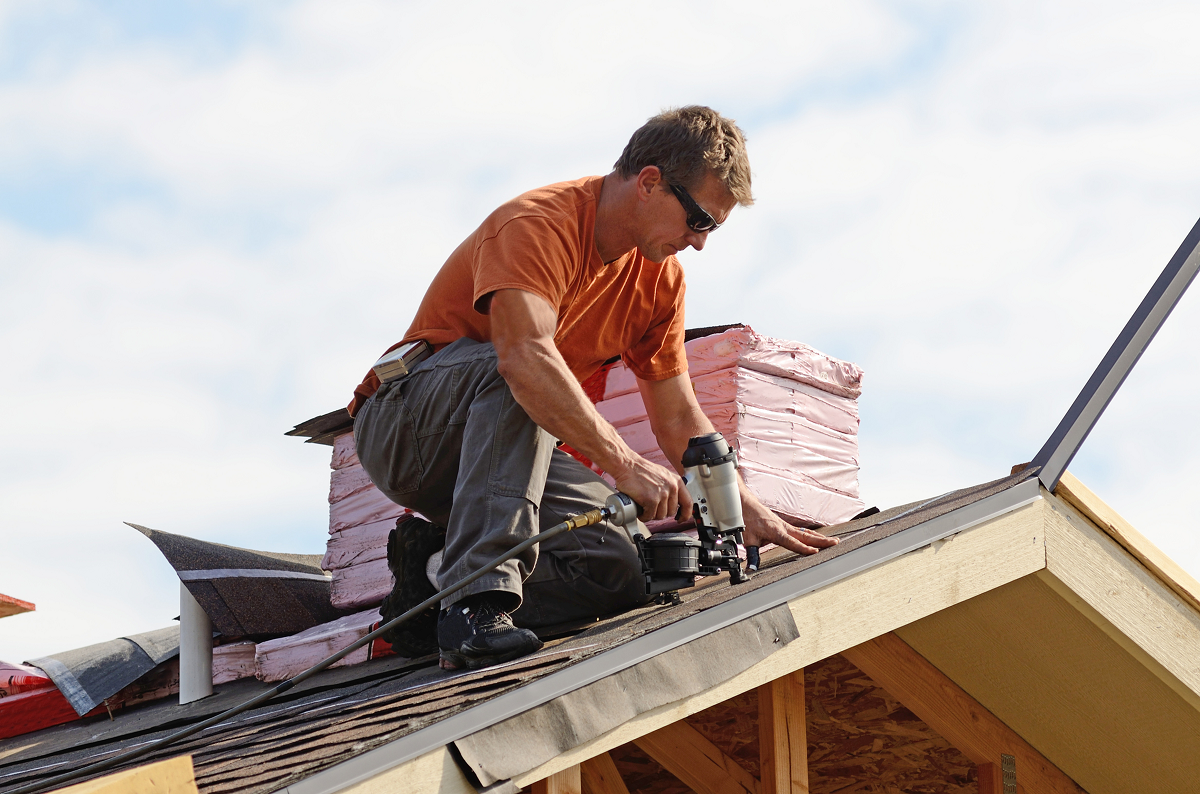Comparing the Soundproofing Qualities of Various Roofing Materials
When it comes to creating a serene and peaceful indoor environment, the choice of roofing material plays a crucial role. The soundproofing qualities of roofing materials can significantly impact the level of noise infiltration from external sources, such as traffic, rain, or wind.
Understanding the sound-dampening capabilities of different roofing materials is essential for homeowners, architects, and builders alike. From traditional asphalt shingles to modern metal panels or eco-friendly options like green roofs, each material offers unique acoustic properties. Factors such as thickness, density, and composition influence a material's ability to block or absorb sound waves effectively.
By comparing the soundproofing qualities of various roofing materials, individuals can make informed decisions to enhance comfort and tranquility within their living or working spaces. This exploration delves into the science behind sound attenuation and evaluates practical solutions for achieving quieter indoor environments through intelligent roofing choices.
Understanding Sound Transmission: Basics of Acoustic Properties
Understanding how sound travels through various mediums is fundamental to grasping the principles of soundproofing. Sound transmission occurs when vibrations travel through air or materials, creating audible waves that reach our ears. Acoustic properties such as density, elasticity, and thickness influence the behavior of sound waves.
Materials that are denser and thicker tend to absorb or block sound more effectively, whereas those with lower density may allow sound to pass through more easily. Additionally, the elasticity of a material affects its ability to resonate or dampen vibrations. By delving into these basic concepts of sound transmission, individuals can gain insights into how different roofing materials impact the soundproofing of a structure.
Traditional Choices: Examining Asphalt Shingles for Soundproofing
Asphalt shingles have long been a staple in roofing construction due to their affordability, durability, and ease of installation. However, their soundproofing qualities are often overlooked.
Asphalt shingles typically provide moderate sound insulation, mainly by absorbing some of the sound energy from external sources such as rain or hail. However, they may not offer the same level of noise reduction as thicker or denser roofing materials.
While asphalt shingles can help dampen high-frequency sounds to some extent, they may be less effective in blocking low-frequency noises like traffic rumble. Understanding the limitations of asphalt shingles in soundproofing is essential for homeowners seeking quieter indoor environments.
Exploring Metal Roofing: How Does It Stack Up in Sound Isolation?
Metal roofing has gained popularity in recent years due to its longevity, energy efficiency, and sleek aesthetic appeal. When it comes to sound isolation, metal roofing offers both advantages and challenges.
Metal panels have relatively low mass compared to other roofing materials, which can result in sound transmission if not properly insulated. However, with the addition of insulation layers, metal roofs can effectively block out external noise, especially high-frequency sounds like rain or wind.
Additionally, the smooth surface of metal roofing minimizes the potential for sound absorption, leading to more sound reflection. Understanding the unique acoustic properties of metal roofing is crucial for homeowners considering this option for their soundproofing needs.
The Role of Density: How Roofing Materials Influence Noise Reduction
The density of roofing materials plays a crucial role in determining their effectiveness in reducing noise transmission. Materials with higher density typically offer better sound insulation due to their increased mass per unit area. Conversely, materials with lower density may provide less effective noise reduction. Understanding the role of density in soundproofing can help homeowners make informed decisions when selecting roofing materials for their homes.
- Density is a key factor in soundproofing: Higher density materials offer better insulation against noise transmission.
- Mass per unit area matters: Denser materials have more mass to absorb or block sound waves effectively.
- Lower density materials may offer less effective noise reduction.
- Considerations for choosing the right density: Balancing noise reduction needs with practical factors like cost and durability.
- Impact of density on overall soundproofing performance: Understanding how density influences the effectiveness of roofing materials in creating quieter indoor environments.
When considering the role of density in soundproofing, it's essential to prioritize materials with higher density for optimal noise reduction. By understanding how density influences the effectiveness of roofing materials in attenuating sound transmission, homeowners can make informed decisions to create quieter and more comfortable living spaces.
Eco-Friendly Solutions: Evaluating Green Roofs for Sound Attenuation
Green roofs, also known as vegetative roofs or living roofs, have gained popularity as sustainable building solutions that offer numerous environmental benefits. In addition to their ecological advantages, green roofs also provide effective sound attenuation in urban environments.
The combination of vegetation, soil, and additional layers in green roof systems helps to absorb and block external noise sources. The soil acts as a sound insulator, while the vegetation absorbs sound waves, especially at higher frequencies. Studies have shown that green roofs can reduce noise levels by as much as 40 decibels, making them an attractive option for homeowners seeking natural soundproofing solutions. Understanding the acoustic benefits of green roofs underscores their value in creating quieter and more peaceful living spaces.
Innovations in Soundproofing: Advantages of Synthetic Roofing Materials
With advancements in technology, synthetic roofing materials have emerged as viable alternatives to traditional options like asphalt or metal. These materials, often made from polymers or composites, offer a range of benefits including enhanced soundproofing capabilities.
Synthetic roofing materials can be engineered to have specific acoustic properties, allowing for greater control over sound insulation. Additionally, their lightweight nature and flexibility make them easier to install and manipulate, reducing the risk of sound transmission through structural vibrations.
Some synthetic materials also incorporate sound-absorbing layers or coatings, further improving their noise reduction capabilities. By exploring the innovations in synthetic roofing materials, homeowners can discover modern solutions for achieving optimal soundproofing in their homes.
Thickness Matters: Impact of Roofing Material Thickness on Noise Reduction
The thickness of roofing materials plays a crucial role in determining their effectiveness in reducing noise transmission. Thicker materials generally offer better sound insulation due to their increased mass and density. For example, thick layers of concrete or clay tiles provide substantial barriers against external noise sources.
Similarly, thicker metal roofing panels with insulation layers can significantly dampen sound transmission. However, it's important to note that excessively thick roofing materials may not always be practical or cost-effective. Finding the right balance between thickness, weight, and soundproofing capabilities is essential when selecting roofing materials for noise control purposes.
Absorption vs. Reflection: Strategies for Effective Sound Dampening
When it comes to soundproofing, two primary strategies are absorption and reflection. Absorption involves converting sound energy into heat within the material, thereby reducing the amplitude of sound waves. Materials with porous or fibrous structures, such as acoustic insulation or foam panels, excel at absorbing sound.
On the other hand, reflection involves bouncing sound waves off a surface, redirecting them away from the interior space. Smooth and dense materials like metal or glass are effective at reflecting sound.
Combining both absorption and reflection techniques can yield optimal results in sound dampening. Understanding these strategies enables homeowners to choose appropriate materials and configurations to achieve desired levels of noise reduction in their homes.
Comparative Analysis: Testing the Soundproofing Performance of Different Materials
Conducting a comparative analysis of various roofing materials is essential for evaluating their soundproofing performance. This involves subjecting different materials to standardized sound transmission tests in controlled environments. Common tests include Sound Transmission Class (STC) and Impact Insulation Class (IIC) measurements, which assess a material's ability to block airborne and impact noise respectively.
By comparing the STC and IIC ratings of different materials, homeowners can determine which options offer the best soundproofing for their specific needs. Additionally, real-world simulations and field studies can provide valuable insights into how different materials perform in different environments and conditions.
Practical Considerations: Choosing the Right Roofing Material for Noise Control
When selecting the right roofing material for noise control, practical considerations are essential. Evaluate cost, durability, climate suitability, maintenance requirements, and aesthetic appeal to make an informed decision. Balancing these factors ensures effective soundproofing while enhancing the functionality and appearance of your home.
- Cost: Evaluate upfront expenses versus long-term benefits.
- Durability: Choose materials that withstand weather conditions and maintain soundproofing properties.
- Climate Suitability: Opt for materials that perform well in your specific climate.
- Maintenance Requirements: Consider your willingness and ability to maintain the roofing material.
- Aesthetic Appeal: Ensure the material complements your home's design and architecture.
By carefully considering practical factors alongside soundproofing qualities, homeowners can choose the right roofing material for noise control, creating quieter and more comfortable living spaces while enhancing their home's overall functionality and appearance.
The importance of soundproofing in roofing materials cannot be overstated. Whether you're looking to create a tranquil living space or a productive work environment, understanding the acoustic properties of various roofing materials is crucial. From traditional choices like asphalt shingles to innovative options such as synthetic materials or green roofs, each option offers unique advantages and considerations in sound insulation. B
y evaluating factors like density, thickness, and absorption capabilities, homeowners can make informed decisions to enhance their quality of life. At Avalon Roofing Services, we recognize that your roof is more than just a structure – it's an investment in your home and your family's well-being. With over 30 years of experience serving Manteca and accreditation from the Better Business Bureau, we're committed to providing professional roofing solutions tailored to your needs.
Contact us today at (209) 380-1275 or reach out after hours at (209) 483-7593. Let us help you create a quieter, more comfortable living environment for years to come.


